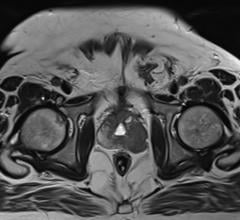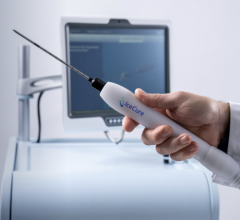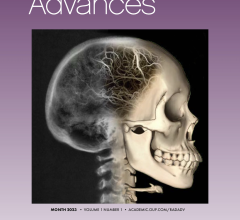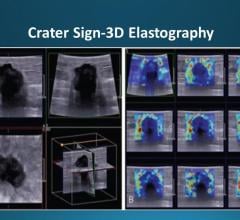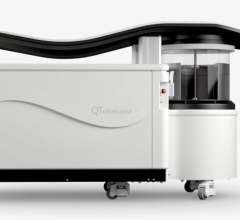
November 6, 2018 – Proton therapy treatment for pediatric brain tumor patients is associated with better neurocognitive outcomes compared to X-ray radiation therapy according to a new study. The study was presented at the recent American Society for Radiation Oncology (ASTRO) Annual Meeting, Oct. 21-24 in San Antonio, Texas, and the International Society of Pediatric Neuro-Oncology Annual Meeting, June 29-July 3 in Denver.
In a retrospective study, Northwestern Medicine researchers compared the outcomes of 125 pediatric patients who received treatment for brain tumors. After accounting for other factors on a multivariable analysis, proton therapy was associated with higher performance in terms of full-scale IQ (10.6 points higher), processing speed (12.6 points higher) and parent-reported practical function (13.8 points higher) relative to X-ray radiation. Other significant factors included patient age, receipt of craniospinal irradiation and the presence of hydrocephalus.
“A child’s brain is more sensitive to radiation. The radiation can disrupt connections being formed in the white matter and prevent the brain from developing normally,” said lead author Jeffrey Paul Gross, M.D., MS, Northwestern University radiation oncology resident. “If we are able to spare healthy portions of the brain from radiation there is a potential for improved long-term cognitive outcomes.”
Proton therapy uses protons – heavy, positively charged atomic particles – instead of the standard X-rays used in conventional radiation therapy. Protons deposit much of their energy, or dose, directly in the tumor and then stop, whereas conventional radiation continues to deposit the dose beyond the tumor.
“Based on radiation dose profiles, we have always anticipated that children with brain tumors would derive cognitive benefits of proton therapy relative to conventional X-ray therapy,” commented senior author Vinai Gondi, M.D., director of research and education at the Northwestern Medicine Chicago Proton Center. “This study provides our first and most compelling clinical evidence of the importance of using proton therapy to spare as much normal brain tissue as possible.”
Study participants received age-appropriate neuropsychological assessment of IQ, processing speed, visual motor integration, executive function, memory and parent-reported function. The median age of diagnosis was seven years and the median time from treatment to last assessment was four years. The authors note, patients receiving proton therapy had shorter median time from treatment conclusion to last neuropsychological assessment. However, when applying statistical approaches to account for these differences, the cognitive benefits of proton therapy were still observed.
Read more about late-breaking clinical trials at ASTRO 2018.
For more information: www.astro.org


 April 04, 2024
April 04, 2024 


